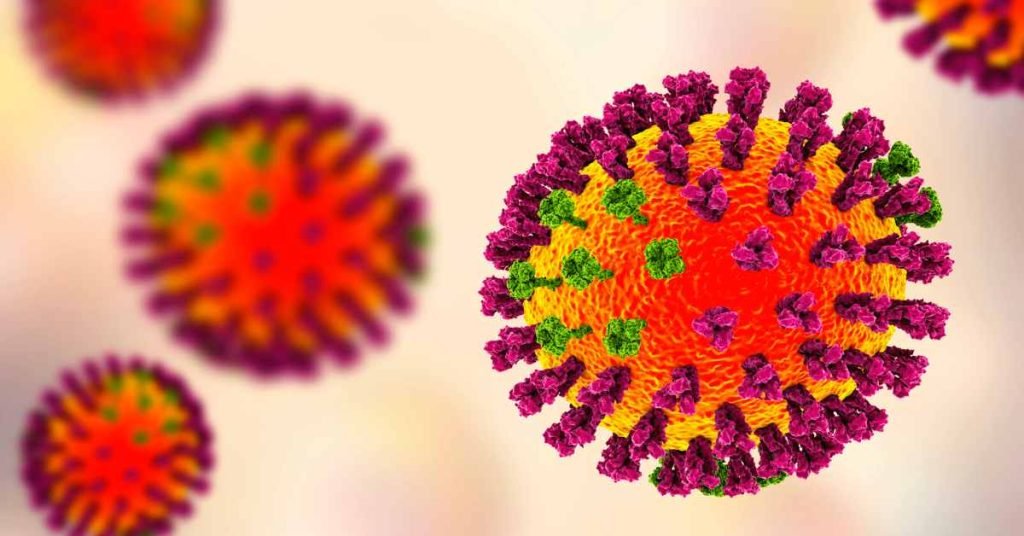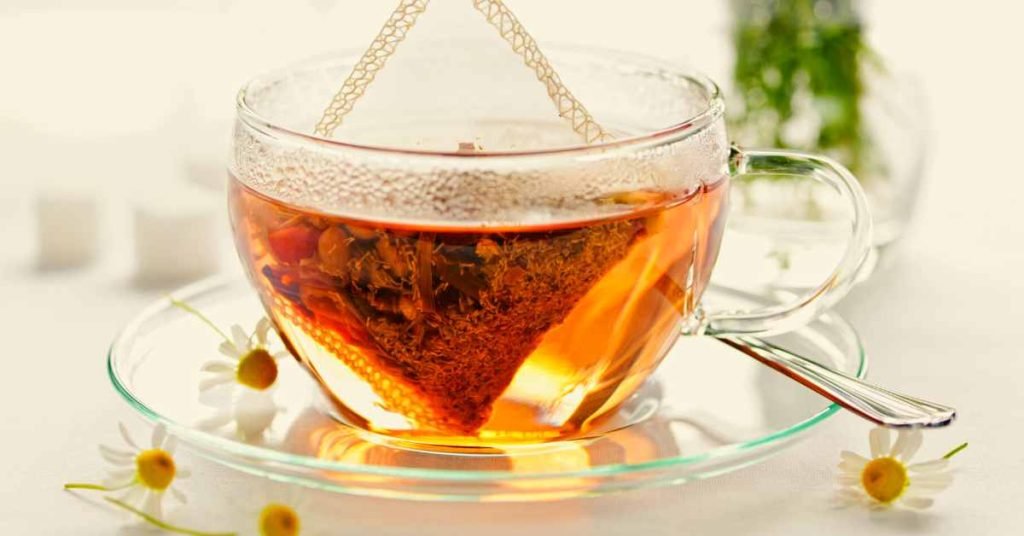While the primary concern with bird flu is its impact on poultry and the potential for transmission to humans, there is a growing interest in natural remedies and preventive measures.
One such remedy that has garnered attention is tea. In this article, we will explore the potential benefits of tea in mitigating the impact of bird flu and how it may offer support for both poultry and humans during outbreaks.
Understanding Bird Flu

Bird flu is caused by influenza A viruses, which belong to the Orthomyxoviridae family.
These viruses are further classified into various subtypes based on the combination of two proteins on the virus’s surface: hemagglutinin (H) and neuraminidase (N).
Among the numerous subtypes, H5N1 and H7N9 are particularly concerning due to their ability to cause severe illness and death in both birds and humans.
The virus primarily spreads among birds through direct contact with infected individuals, contaminated surfaces, or respiratory secretions.
Humans can contract bird flu through close contact with infected birds, causing respiratory and gastrointestinal symptoms. In severe cases, it can lead to pneumonia, organ failure, and, in some instances, death.
While bird flu primarily affects the avian population, its potential for human transmission is a significant public health concern. Therefore, exploring natural methods for reducing the risk and impact of bird flu, such as tea, is crucial.
Tea as a Potential Preventive Measure
Tea, particularly green tea, has gained popularity for its potential health benefits, including its antioxidant and immune-boosting properties.

Some research suggests that tea may offer support in the context of bird flu. Here are several ways in which tea can contribute to mitigating the impact of the virus:
Antiviral Properties:
Green tea, in particular, contains compounds like catechins, which have demonstrated antiviral properties. These compounds may help inhibit the growth and spread of the influenza A virus, potentially reducing its impact on infected individuals.
Immune Support:
The immune system plays a crucial role in fighting off viral infections. Tea, with its antioxidants and polyphenols, can help boost the immune response, making it more effective in combating infections like bird flu. Additionally, theanine, an amino acid found in tea, can stimulate the production of immune cells.
Anti-Inflammatory Effects:
Inflammation is a common response to viral infections, and excessive inflammation can lead to tissue damage and severe symptoms. Tea has anti-inflammatory properties that may help mitigate the inflammation associated with bird flu, potentially reducing the severity of symptoms.
Hydration:
Staying well-hydrated is essential during any illness. Drinking warm tea can help soothe a sore throat, alleviate cough, and provide much-needed hydration when dealing with bird flu symptoms.
Human Consumption of Tea

While there is some scientific evidence supporting the potential benefits of tea in mitigating the impact of bird flu, it’s important to note that drinking tea should not be considered a standalone prevention or treatment method for bird flu.
It should be integrated into a broader strategy that includes vaccination, proper hygiene, and medical intervention when necessary.
Precautions for Poultry
Tea is primarily discussed in the context of human consumption, but what about its potential role in poultry health during bird flu outbreaks?
It’s crucial to exercise caution and seek professional guidance when considering the use of tea in poultry farming.
Tea’s impact on birds may differ from its effects on humans, and improper use can lead to unintended consequences.
- Consult a Veterinarian:
- Poultry farmers should consult with a veterinarian or avian specialist before introducing any unconventional feed or supplements to their birds. The safety and efficacy of using tea in poultry diets need to be thoroughly evaluated.
- Proper Dosage and Administration:
- If a veterinarian approves the use of tea in poultry, it’s essential to establish the correct dosage and administration method. Too much tea or an inappropriate approach can harm the birds or negatively affect egg production.
- Ensure Tea Quality and Source:
- The quality and source of the tea matter. Ensure that the tea provided to birds is free from contaminants and meets safety standards. Organic and pesticide-free tea may be preferable.
Final Word

The potential benefits of tea in mitigating the impact of bird flu are a subject of ongoing research and discussion.
While there is evidence suggesting that tea, particularly green tea, may offer support in boosting the immune system and reducing inflammation, it is by no means a silver bullet.
Tea should be considered as a supplementary measure in the prevention and management of bird flu, alongside other essential practices such as vaccination, proper hygiene, and professional veterinary care.
For humans, consuming tea can be a part of a holistic approach to staying healthy and potentially reducing the severity of bird flu symptoms.
The antioxidants, antiviral properties, and immune-boosting effects of tea make it a valuable addition to one’s diet, especially during flu seasons.
In the case of poultry, the use of tea should be approached with caution and professional guidance.
The health and well-being of birds must be a top priority, and any unconventional practices, including the use of tea, should be carefully evaluated and monitored to ensure the safety and welfare of the flock.
Ultimately, while tea has potential benefits in the context of bird flu, it is not a standalone solution.
A comprehensive approach, including proper vaccination, hygiene, and medical intervention when necessary, remains the most effective means of preventing and managing the impact of bird flu in both poultry and humans.
MEDICAL DISCLAIMER
Itsnevernotteatime.com cannot and does not contain medical/health advice. The medical/health information is provided for general and educational purposes only and is not a substitute for professional advice.




